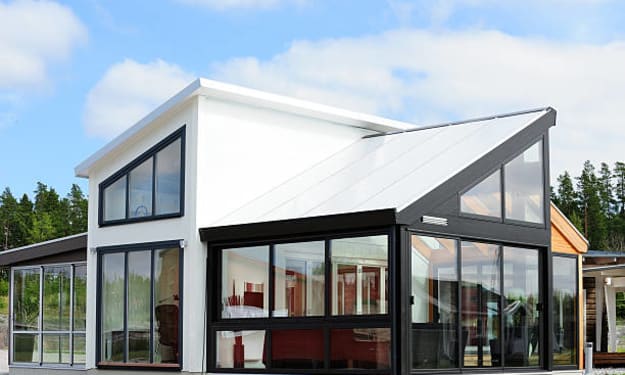
WHAT IS A SUMP PUMP?
A sump pump is a submersible device installed in a sump pit dug at the lowest point of your house, such as the basement or crawl space. This small but important addition to your home helps prevent your basement from flooding.
Here’s how it works: Most of the time, the pump is on standby, simply waiting until it’s needed. When it begins to rain heavily, the soil around your house becomes oversaturated. Excess groundwater funnels toward the sump pit, and it begins to fill with water. This activates the sump pump float switch and turns on the pump.
By removing water from the pit and draining it into a nearby storm drain, dry well, or detention pond, the sump pump prevents the groundwater from rising to the level of your basement floor, which could cause a flood. In this way, you can think of a sump pump as an extra piece of flood insurance!
WHAT ARE THE BENEFITS OF A SUMP PUMP?
A sump pump is a small investment with big advantages. Here’s how you can benefit from adding a sump pump to your home:
- Defend your basement against flooding
- Protect the paint and other wall coverings from peeling
- Safeguard basement appliances—such as the washer, dryer, and spare freezer—from corrosion
- Reduce mold, mildew, and fungus growth
- Discourage termites and other insect invasions
- Improve indoor air quality
- Keep your foundation intact
- Make the basement drier and more comfortable year-round
- Enjoy peace of mind, no matter what the weather is doing
- Meet a requirement for homeowner’s insurance coverage of basement flood damage
DO I NEED A SUMP PUMP FOR MY HOME?
While the benefits of sump pumps are clear, some properties need these devices more than others. We recommend installing a sump pump if any of the following is true:
You live in a climate that receives heavy rain or snow. Here in the northeast, we get more than our fair share of moisture. Unlike desert climates out west, basements here are very susceptible to flooding.
Your home is built on a flood-prone plot. Poorly draining soil, low-lying properties, and homes surrounded by hills are more likely to experience rising groundwater levels during heavy rains, snowstorms, and spring runoff.
You’ve had water problems in the past. If your basement has flooded before, or you regularly struggle with high basement moisture levels, it would be wise to install a sump pump.
You have a finished basement. Even if your home isn’t categorized as a high-risk property, consider protecting your underground living space with an affordable sump pump.
Reasons for Needing a Sump Pump
One of the primary reasons for needing a sump pump is to prevent basement flooding, especially during heavy rainfall or snowmelt. Without adequate drainage, water can seep into your home, causing structural damage and fostering mold and mildew growth.
Types of Sump Pumps
There are several types of sump pumps available, including submersible and pedestal models, as well as battery backup systems. Each type has its own set of advantages and considerations, depending on factors such as basement size and power source availability.
Factors to Consider When Choosing a Sump Pump
When selecting a sump pump, it's essential to consider factors such as the layout of your basement, the pump's capacity and durability, and your budget constraints. Consulting with a professional can help ensure you choose the right pump for your specific needs.
Installation and Maintenance Tips
Proper installation and regular maintenance are key to ensuring your sump pump operates effectively when needed. This includes ensuring the pump is correctly positioned in the sump pit, testing it regularly, and keeping the discharge pipe clear of obstructions.
Benefits of Having a Sump Pump
The benefits of having a sump pump extend beyond mere water damage prevention. It provides peace of mind during severe weather events, increases your property's value, and can save you money in the long run by preventing costly repairs.
Common Sump Pump Problems and Solutions
Like any mechanical system, sump pumps can experience issues such as motor failure, clogging, or backup system failures. Knowing how to troubleshoot these problems or when to call a professional can help minimize downtime and protect your home.
About the Creator
Stephen
Hi Thank you for comming i'm professional content writer please visit our website:https://www.thegoodcontractorslist.com/






Comments
There are no comments for this story
Be the first to respond and start the conversation.